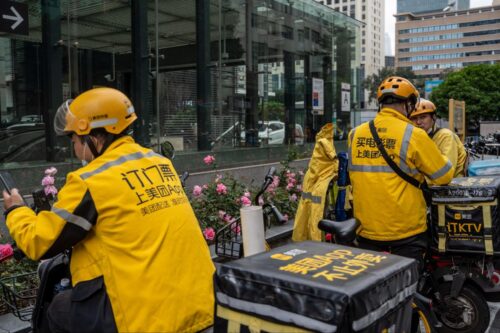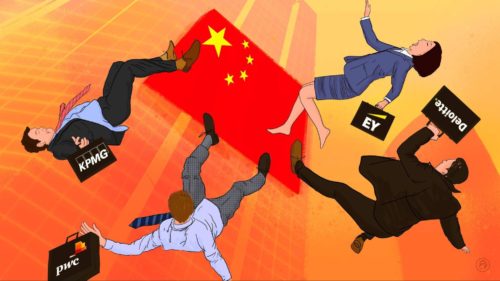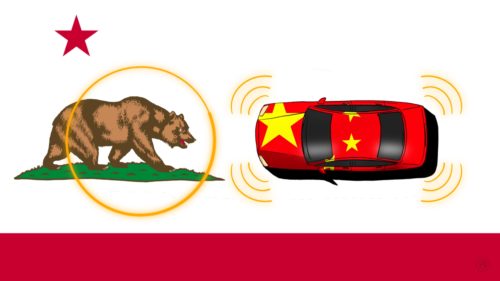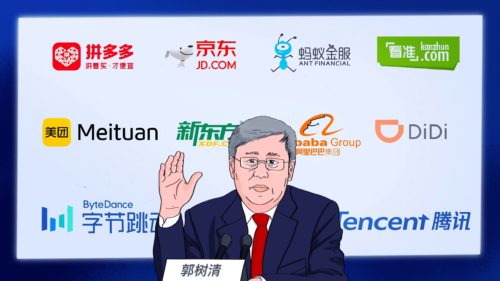Three emerging internet companies following BAT
Top business and technology news for February 9, 2017. Part of the daily The China Project news roundup "Why did Trump send Xi Jinping a letter?"

-
TMD is the new BAT / TechNode
Baidu, Alibaba, and Tencent, often collectively known under the acronym “BAT,” are the three big internet giants in China that have long dominated the industry. But there are some newer companies encroaching on the big three. This article points to Toutiao, Meituan, and Didi Chuxing as taking the lead. Toutiao, which means “headlines” in Chinese, is a popular news aggregation app that uses artificial intelligence to tailor news feeds for each of its 700 million users. Meituan-Dianping, a merger of two dominant e-commerce platforms, claimed 170 million yuan in gross merchandise volume last year and just stepped into the online banking industry last month. Didi Chuxing is the dominant domestic ride-hailing app that acquired Uber’s China business last year. -
Chinese companies rush in with nearly $2 trillion where bankers fear to lend / WSJ (paywall)
In 2016, company-to-company loans in China surged by 20 percent to 13.2 trillion yuan, becoming the fastest-growing sector of the Chinese shadow banking system, but also posing pressing risks for China’s economy. Shadow banking refers to financial transactions undertaken through lending by unregulated institutions. Company-to-company lending usually takes place in sectors such as mining and property, where regulators have repeatedly tried to cut off excess capacity. Lending is conducted with only cursory checks on borrowers’ creditworthiness. This type of lending is also adding to China’s $18 trillion corporate debt pile, equivalent to about 169 percent of gross domestic product.
- Hollywood seeks new business terms with China / WSJ (paywall)
- Trump threatens Hollywood’s growth in China / Bloomberg
- China tells bitcoin exchange to follow forex rules / MarketWatch
- China turns to precision medicine in fight against cancer / Bloomberg
- After garlic crush, China farmers singed by red-hot chili market / Reuters






